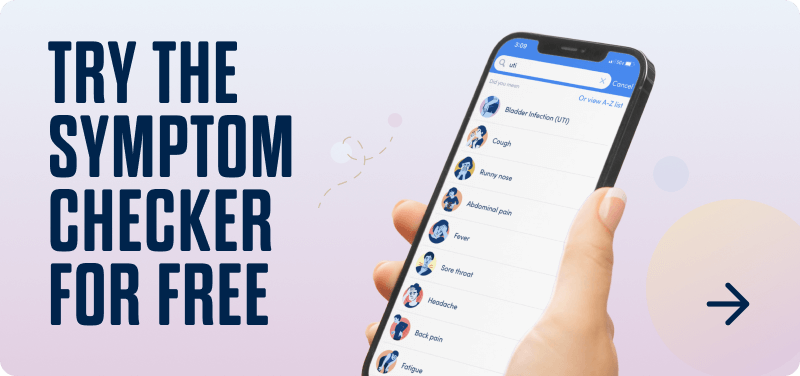OMEPRAZOLE (oh ME pray zol) is used to treat heartburn, stomach ulcers, reflux disease, or other conditions that cause too much stomach acid. It works by reducing the amount of acid in the stomach. It belongs to a group of medications called PPIs.
What should I tell my care team before I take this medication?
They need to know if you have any of these conditions:
Chest pain
Have had heartburn for over 3 months
Have heartburn with dizziness, lightheadedness, or sweating
Liver disease
Low levels of calcium, magnesium, or potassium in the blood
Lupus
Stomach pain
Trouble swallowing
Unexplained weight loss
Vomiting with blood
Wheezing
An unusual or allergic reaction to omeprazole, other medications, foods, dyes, or preservatives
Pregnant or trying to get pregnant
Breastfeeding
How should I use this medication?
Take this medication by mouth with a glass of water. Take it as directed on the product label at the same time every day. Do not cut, crush, or chew this medication. Swallow the tablets whole. Take this medication on an empty stomach, at least 30 minutes before breakfast. Keep taking it unless your care team tells you to stop.
Talk to your care team about the use of this medication in children. Special care may be needed.
What if I miss a dose?
If you miss a dose, take it as soon as you can. If it is almost time for your next dose, take only that dose. Do not take double or extra doses.
Need a prescription? Chat with one of our doctors, 24/7
CHAT NOWWhat may interact with this medication?
Do not take this medication with any of the following:
Atazanavir
Clopidogrel
Nelfinavir
Rilpivirine
This medication may also interact with the following:
Antifungals, such as itraconazole, ketoconazole, voriconazole
Certain antivirals for HIV or hepatitis
Certain medications that prevent or treat blood clots, such as warfarin
Cilostazol
Citalopram
Cyclosporine
Dasatinib
Digoxin
Disulfiram
Diuretics
Erlotinib
Iron supplements
Medications for anxiety, panic, and sleep, such as diazepam
Medications for seizures, such as carbamazepine, phenobarbital, phenytoin
Methotrexate
Mycophenolate mofetil
Nilotinib
Rifampin
St. John's wort
Tacrolimus
Vitamin B12
What side effects may I notice from receiving this medication?
Side effects that you should report to your care team as soon as possible:
Allergic reactions—skin rash, itching, hives, swelling of the face, lips, tongue, or throat
Kidney injury—decrease in the amount of urine, swelling of the ankles, hands, or feet
Low magnesium level—muscle pain or cramps, unusual weakness, fatigue, fast or irregular heartbeat, tremors
Low vitamin B12 level—pain, tingling, or numbness in the hands or feet, muscle weakness, dizziness, confusion, difficulty concentrating
Rash on the cheeks or arms that gets worse in the sun
Redness, blistering, peeling, or loosening of the skin, including inside the mouth
Severe diarrhea, fever
Unusual bleeding or bruising
Side effects that usually do not require medical attention (report to your care team if they continue or are bothersome):
Gas
Headache
Nausea
Stomach pain
Vomiting
What should I watch for while using this medication?
Visit your care team for regular checks on your progress. It can take several days before your stomach pain gets better. Tell your care team if your symptoms do not start to get better or if they get worse.
Do not treat diarrhea with over the counter products. Contact your care team if you have diarrhea that lasts more than 2 days or if it is severe and watery.
You may need blood work while taking this medication.
Using this medication for a long time may weaken your bones. The risk of bone fractures may be increased. Talk to your care team about your bone health.
Using this medication for a long time may cause growths (polyps) in the stomach. They usually don't cause any symptoms. They are usually not cancerous. Contact your care team if you notice pain or tenderness when you press your stomach, have nausea, or see bloody or black, tar-like stools.
This medication may cause a decrease in vitamin B12. You should make sure that you get enough vitamin B12 while you are taking this medication. Discuss the foods you eat and the vitamins you take with your care team.
Where should I keep my medication?
Keep out of the reach of children and pets.
Store at room temperature between 20 and 25 degrees C (68 and 77 degrees F). Protect from light and moisture. Get rid of any unused medication after the expiration date.
To get rid of medications that are no longer needed or expired:
Take the medication to a medication take-back program. Check with your pharmacy or law enforcement to find a location.
If you cannot return the medication, check the label or package insert to see if the medication should be thrown out in the garbage or flushed down the toilet. If you are not sure, ask your care team. If it is safe to put in the trash, empty the medication out of the container. Mix the medication with cat litter, dirt, coffee grounds, or other unwanted substance. Seal the mixture in a bag or container. Put it in the trash.
K Health articles are all written and reviewed by MDs, PhDs, NPs, or PharmDs and are for informational purposes only. This information does not constitute and should not be relied on for professional medical advice. Always talk to your doctor about the risks and benefits of any treatment.
This information is educational only and should not be construed as specific instructions for individual patients nor as a substitute for medical advice, diagnosis or treatment. Talk to your health care provider or pharmacist about the information and instructions. K Health assumes no liability for any use or reliance on this information.
